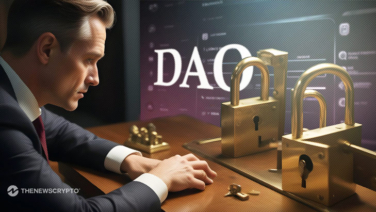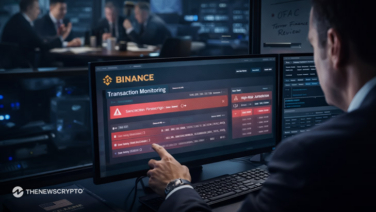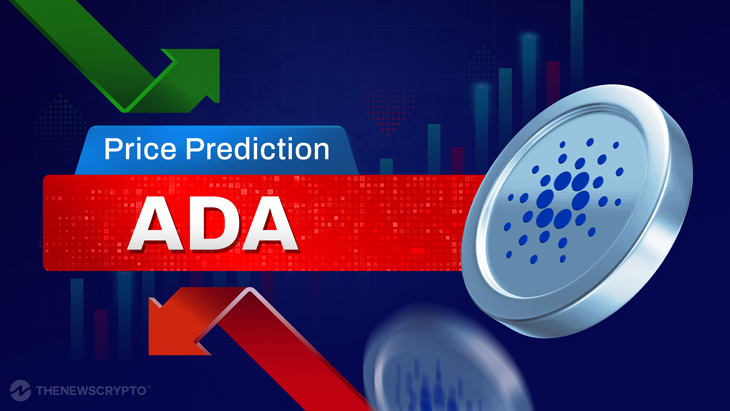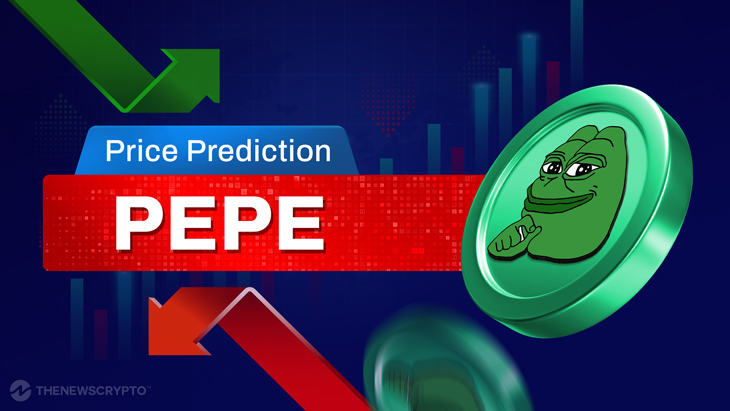In the evolving landscape of blockchain technology, Decentralized Autonomous Organizations (DAOs) have emerged as innovative entities that operate without centralized control. DAOs leverage smart contracts on blockchain networks, enabling members to collaborate and govern collectively. This article provides a comprehensive overview of DAOs, their structure, benefits, challenges, and future implications.
What Are DAOs?
A DAO is essentially an organization represented by rules encoded as a computer program, which is transparent, controlled by organization members, and not influenced by a central authority. The core idea behind a DAO is to create a decentralized framework where participants can make decisions collaboratively and autonomously.
It typically operate on blockchain networks, most commonly Ethereum, where smart contracts facilitate and automate governance processes.
DAOs vs. Traditional Organizations
DAOs operate on decentralized governance through blockchain technology. It enables collective decision-making without a central authority. Meanwhile, traditional organizations rely on hierarchical structures with defined leadership and centralized control. This fundamental difference fosters transparency and inclusivity in DAOs, contrasting with the often opaque and top-down decision-making processes of conventional entities.
What Are DAOs Used For?
Members of a DAO usually hold governance tokens, which provide them with voting rights on various proposals, such as funding decisions or protocol changes. This token-based governance structure enables a democratic decision-making process, where the power is distributed among all members rather than concentrated in a central figure or board.
The structure of a DAO can vary significantly, but most of them consist of the following components:
1. Smart Contracts: These are self-executing contracts with the terms of the agreement directly written into code. They automate processes and enforce rules without the need for intermediaries.
2. Governance Tokens: Tokens that grant holders the ability to participate in governance decisions. The number of tokens held often correlates with the weight of a member’s vote.
3. Community: The members who participate in the DAO, contributing to decision-making, funding proposals, and governance activities.
4. Treasury: The DAO holds financial resources, usually in cryptocurrencies, which members allocate based on collective decisions.
Benefits of DAOs
DAOs offer several advantages that enhance collaboration and innovation in various sectors:
1. Decentralization: One of the primary benefits of DAOs is the elimination of central authorities, allowing for distributed decision-making and reducing the risk of corruption or mismanagement.
2. Transparency: All transactions and decisions made within a DAO are recorded on the blockchain, ensuring transparency and accountability. Members can track how funds are spent and how decisions are made.
3. Global Participation: It allow individuals from around the world to participate in governance, breaking down geographical barriers. This inclusivity promotes diverse perspectives and ideas, enhancing creativity and innovation.
4. Incentivization: Members can be rewarded for their contributions through governance tokens or other incentives. This creates a motivation for active participation, fostering a strong sense of community and ownership.
Challenges
Despite their potential, DAOs encounter significant challenges that they must address for continued growth and success.
1. Regulatory Uncertainty: The legal status of DAOs remains ambiguous in many jurisdictions, creating challenges for compliance and regulatory oversight. This uncertainty can hinder mainstream adoption and may expose members to legal risks.
2. Security Vulnerabilities: Smart contracts, while innovative, are susceptible to bugs and vulnerabilities that can lead to significant financial losses. The infamous DAO hack in 2016 highlighted these risks, prompting the need for rigorous security audits and best practices.
3. Governance Issues: While decentralization is a key benefit, it can also lead to governance challenges, such as decision-making paralysis or the emergence of power dynamics that mimic traditional hierarchies. Striking a balance between effective governance and decentralization is crucial.
4. Community Engagement: Maintaining active participation within it can be challenging, as members may become disengaged or overwhelmed by the governance process. Effective communication and incentive structures are essential to keep members involved.
The Future
The future of DAOs is promising, with potential applications spanning various industries, including finance, supply chain, entertainment, and social impact. As blockchain technology matures, DAOs have the potential to revolutionize the structure and governance of organizations, paving the way for more inclusive and participatory models.
Emerging trends such as the integration of decentralized finance (DeFi) and non-fungible tokens (NFTs) within DAO frameworks may further enhance their capabilities and appeal. Additionally, as regulatory clarity improves, it could gain legitimacy and attract more participants.
In conclusion, DAOs represent a groundbreaking shift in organizational governance, offering a decentralized and transparent approach to collaboration. While challenges remain, the continued development and adoption of it could redefine the way we think about organizations and decision-making in the digital age.








